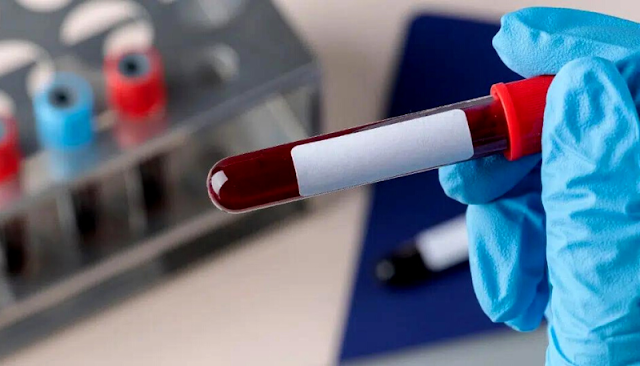rajkotupdates.news:emm-negative-rare-blood-group-found-in-rajkot-man-11th-such-case-worldwide: In a recent medical case in Rajkot, India, a man was found to have a rare blood group known as Emm-negative blood, making him one of only eleven known cases worldwide. This discovery has generated significant interest in the medical community and sparked research efforts to better understand its implications.
Define The Emm-Negative Blood
Emm-negative blood is a unique blood group characterized by the absence of the Emm antigen on the surface of red blood cells. It is an extremely rare blood type, with less than 0.1% of the global population having this classification. The rarity of this blood group presents challenges in emergency situations where a precise blood type match is crucial. Therefore, it is important to maintain a comprehensive database of individuals with this blood type to ensure they receive the correct blood type in critical situations. Furthermore, further investigation into this blood type could potentially lead to groundbreaking advancements in the field of medicine.
How to Diagnosing Emm-Negative Blood
The diagnosis of Emm-negative blood involves a series of tests, including the Direct Antiglobulin Test (DAT). This test helps identify the presence of antibodies in the blood. Individuals with Emm-negative blood exhibit a negative reaction in the DAT test.
How to Treatment and control of Emm-Negative Blood
Treatment and management of Emm-negative blood are similar to other blood types. However, due to its rarity, maintaining a reliable database of individuals with this blood type is essential to guarantee appropriate blood transfusions during emergencies.
Best way to Determined the Blood Group
Determining an individual's blood group is done through a straightforward blood test. This test involves mixing a blood sample with specific antibodies that target particular antigens. The presence or absence of clumping, known as agglutination, indicates the individual's blood type.
In detail, blood groups are determined by the presence or absence of specific antigens on the surface of red blood cells. There are four main blood groups: A, B, AB, and O. Blood group A has A antigens, blood group B has B antigens, blood group AB has both A and B antigens, while blood group O has neither A nor B antigens. Additionally, the Rh factor, another antigen, determines whether a person's blood type is positive or negative.
Remain Blood Group and the Most Common
The rarest blood group is AB negative, which is found in less than 1% of the global population. The most common blood group is O positive, present in approximately 38% of people.
Benefits Of Blood Type
Understanding your blood type is important for various reasons. Firstly, it determines who can safely donate blood to an individual in need and who can receive blood from that person. Receiving the wrong blood type during a transfusion can lead to potentially life-threatening reactions.
Blood type also plays a role in organ transplants, as compatible blood types increase the likelihood of a successful transplant. Additionally, certain blood types may be more susceptible to specific diseases or conditions. For instance, people with type A blood may have a higher risk of heart disease and certain cancers.
Determining blood type is also crucial for paternity tests and pregnant women, as incompatible blood types between a mother and fetus can lead to complications during pregnancy.
What is Universal Donor and a Universal Recipient
To date, there is no universal donor or universal recipient for the Emm blood group. The Emm blood group is a rare blood type that lacks the Emm antigen, which is unrelated to the A, B, or O blood group system. Compatibility for the Emm blood group is determined by the presence or absence of the Emm antigen, and there is no equivalent concept of a universal donor or recipient in this case. Individuals with Emm-negative blood can only receive blood from others who also lack the Emm antigen.
Last Words:
In conclusion, the discovery of Emm-negative blood in Rajkot, India has brought attention to a rare blood group with significant implications in the medical field. The scarcity of this blood type poses challenges in emergency situations, emphasizing the importance of maintaining a comprehensive database of individuals with this blood type. Further research into Emm-negative blood could lead to valuable






.jpg)








0 Comments